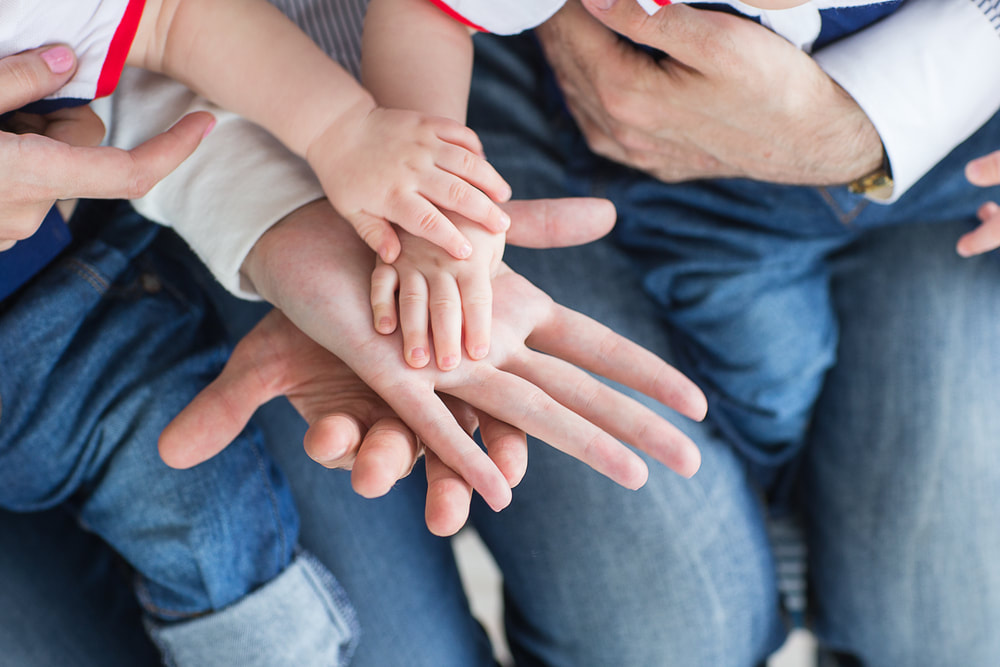|
Just over half of marriages or domestic partnerships will end in separation or divorce. Though couples may struggle to reach consensus on numerous issues, most separating spouses can agree that protecting the child or children's best interest should be top priority. This sounds pretty straight forward yet, when adults posses intense feelings toward one another, it is anything but simple. If you and your soon-to-be ex are confused or struggling with how best to talk with your children about divorce, here are a few tips for keeping things on track:
It is normal for separating spouses to posses some degree of negative feelings about the other. This is particularly true in cases where one spouse did not have a choice about the divorce. Thus, I encourage both partners to lean into their adult support systems (friends, family, support groups, therapists or counselors, etc.). When the adults care for themselves and each other appropriately, everyone benefits, including and especially, the children. Dr. Jill Gross is a licensed psychologist, divorce therapist, and grief counselor in the Phinney - Greenwood area of North Seattle. If you have questions about how to nurture your children through divorce, help is just a click away. Schedule a free consultation to see how divorce counseling and co-parent support can help you and your children thrive after divorce.
4 Comments
|
AuthorDr. Jill Gross is a licensed psychologist, specializing in grief and divorce. Her coaching and therapy practice is located in the Phinney - Greenwood area of North Seattle in Washington. Archives
May 2021
Categories
All
|
HoursM-TH: 8:30 AM - 2:00 PM.
By Appointment Only |
Telephone & Email |
Address503 N. 50th Street
Seattle, WA 98103 |
*Header Photographs courtesy of Josh Martin



